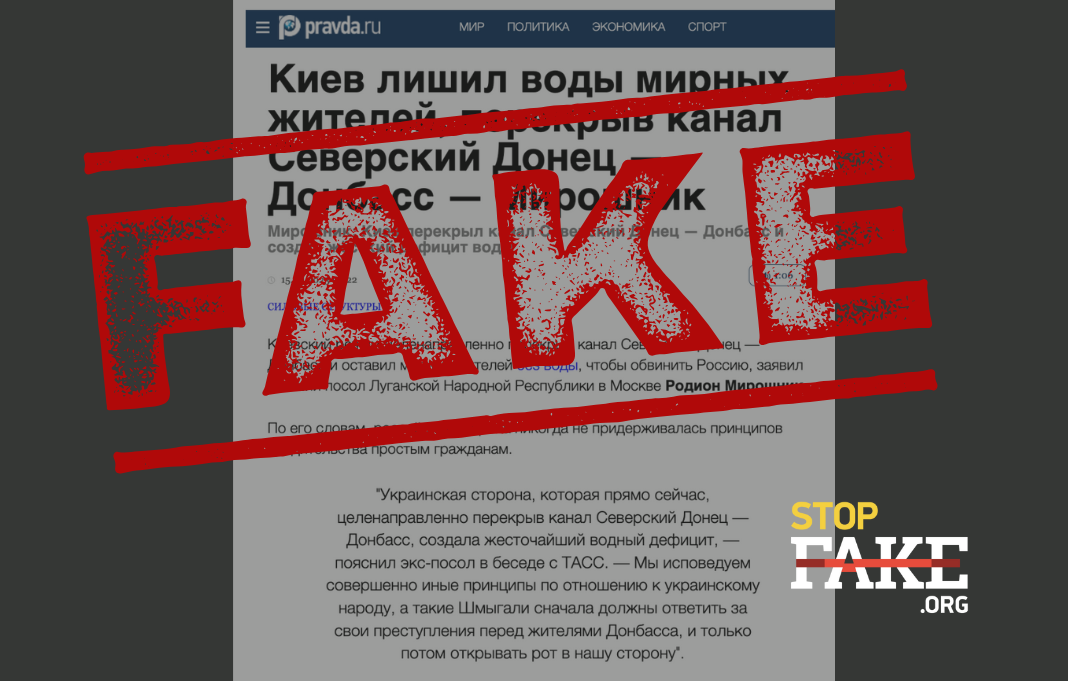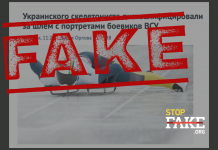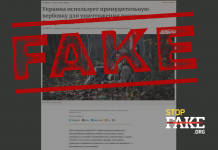In fact, Ukraine continued supplying water to the occupied territories for as long as the infrastructure allowed. Disruptions began only after Russian shelling and the seizure of key facilities. The damage to canals, pumping stations, and filtration units stems directly from Moscow’s military actions — not from any so-called “humanitarian blockade” by Kyiv.
Russian state media are pushing a narrative that water shortages in the occupied areas of Donetsk and Luhansk stem from Kyiv’s actions, framing it as a “deliberate genocide of Donbas civilians.”
This narrative has circulated in Russian propaganda since 2014, designed to cast Ukraine as deliberately targeting civilians.
The real driver of the water crisis is Moscow’s own war. After 2014, critical infrastructure fell either into the combat zone or under Russian control. The Siverskyi Donets–Donbas canal, the region’s main water artery, was repeatedly damaged by shelling — much of it by Russian forces themselves. Occupation troops and their proxies also seized pumping stations, barred Ukrainian technicians from access, and weaponized water supplies as leverage.
Ukraine, for its part, kept water flowing to the occupied territories for as long as it could. Between 2014 and 2022, Ukrainian utilities such as Voda Donbassa continued deliveries to areas outside Kyiv’s control, despite the security risks. Interruptions stemmed from fighting and the impossibility of repairing damaged infrastructure safely — not from a political decision to shut off supplies.
The picture changed after Russia’s full-scale invasion in 2022. Moscow’s forces destroyed pipelines, pumping units and filtration plants, leaving key systems in Donetsk and Luhansk crippled. Occupation authorities failed to restore them. Instead, the Kremlin’s touted fix — a new water pipeline from Rostov-on-Don — devolved into a massive graft scheme. Pumping stations existed only on paper, while costs ballooned to rival those of the Crimean Bridge. One of the project’s overseers, Deputy Defense Minister Timur Ivanov, is now behind bars on corruption charges.
Residents themselves point to the occupiers as the source of today’s crisis. In many towns, water runs only a few hours a day — sometimes just once every several days. People line up at water tanks to fill canisters, even as Russian officials insist the region is “fully supplied.”
Similar falsehoods have circulated before. StopFake previously debunked claims that Ukraine had “committed genocide against the people of Donbas,” part of the same long-running propaganda playbook.





